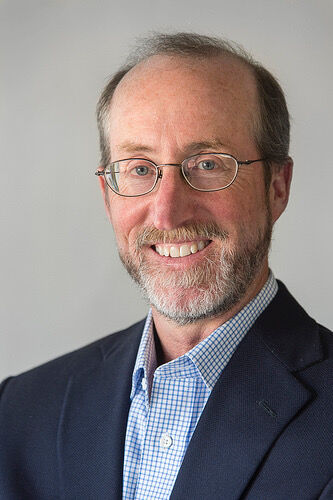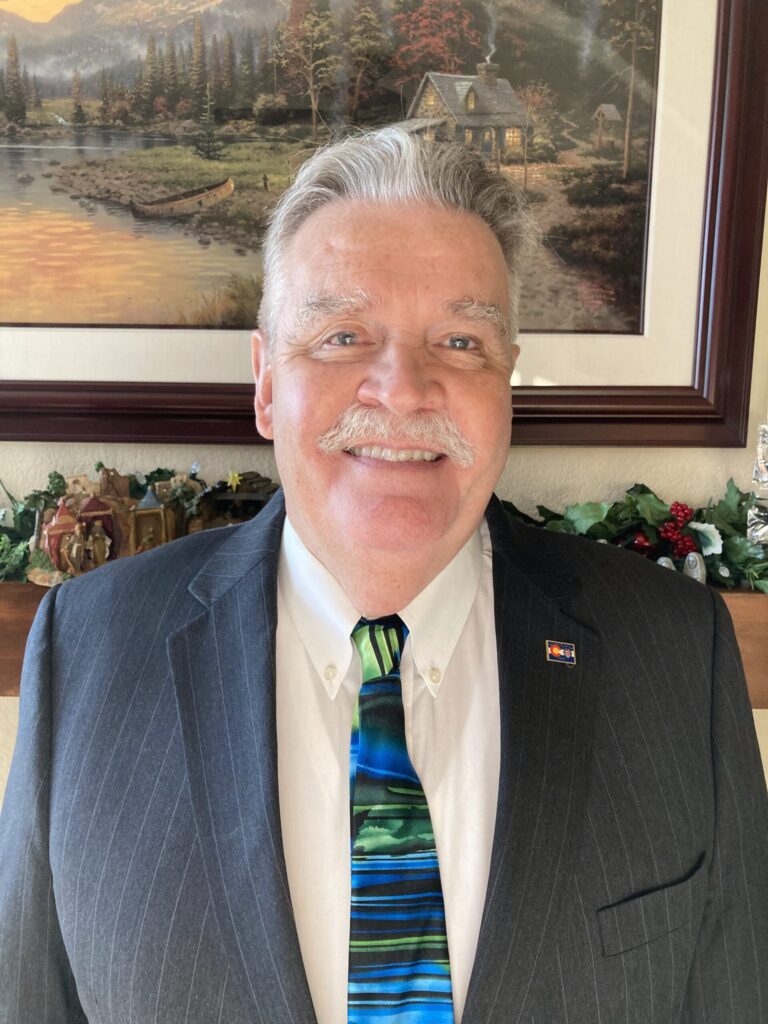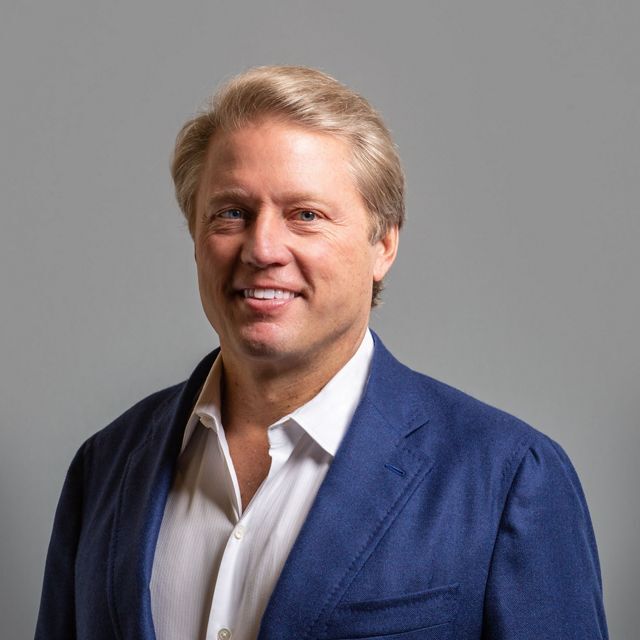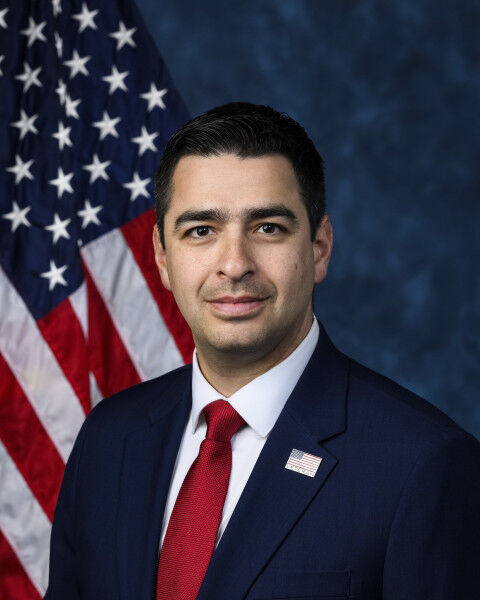THE PODIUM | COVID challenged us in new ways
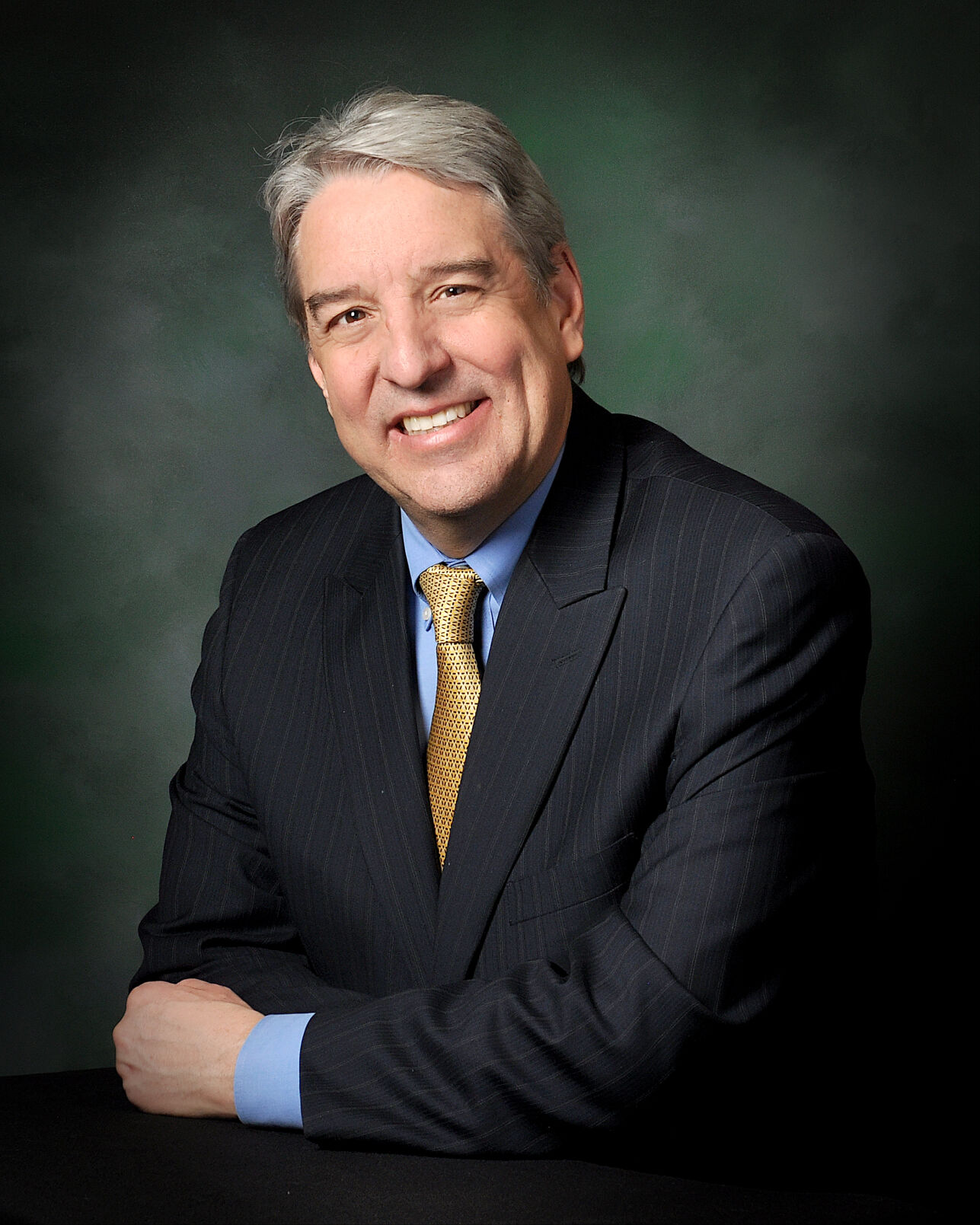
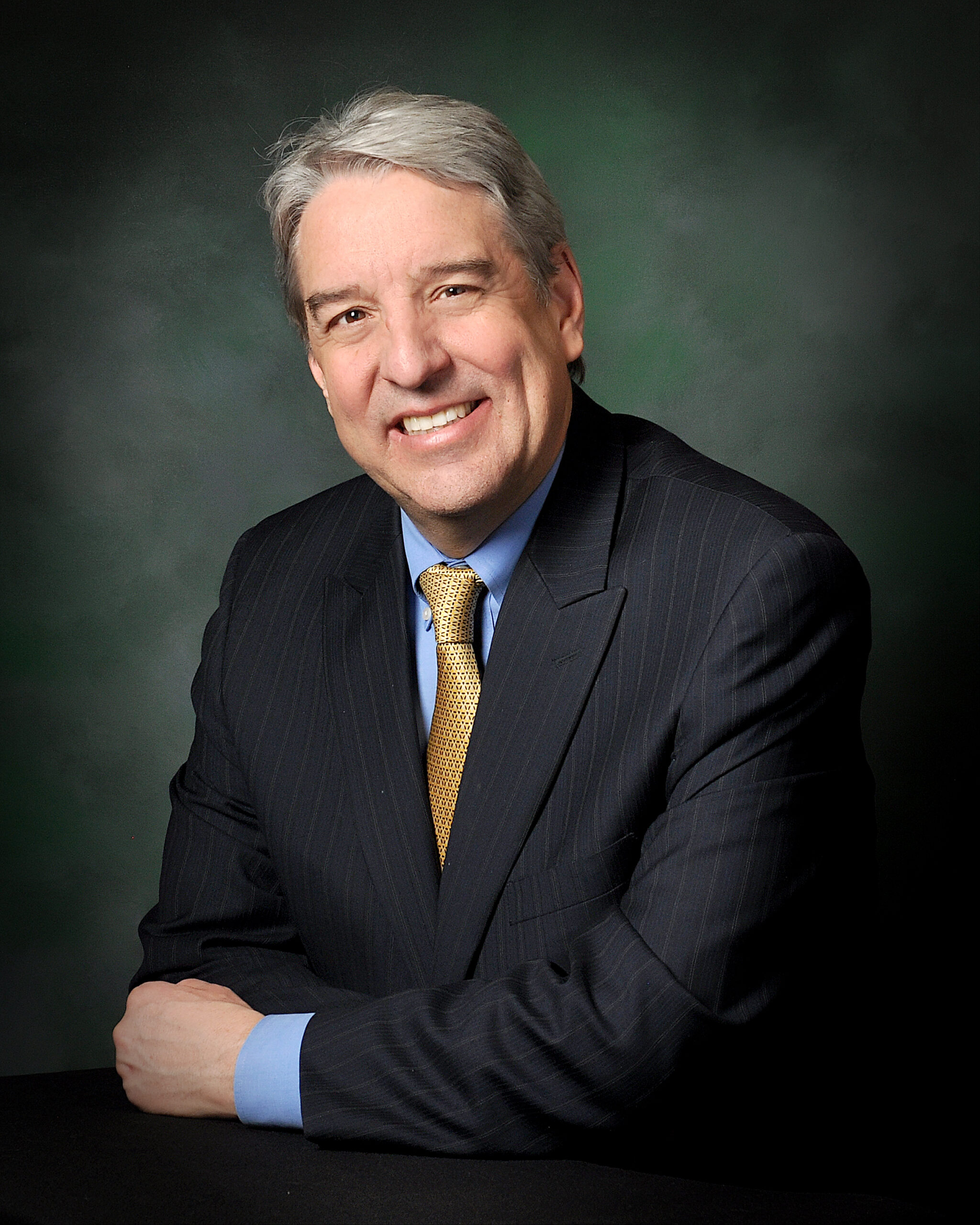
The past year has been one that many of us would like to forget. At the same time though it is important that we not lose sight of the lessons that we have learned or may have relearned about ourselves and our country.
With the onset of COVID, we found a new vocabulary and phrases to describe a situation and time that none of us had ever experienced. Little-known words such as asymptomatic, quarantine, and pandemic became part of our daily vocabulary while phrases such as “social shaming,” “COVID Bubble” and “learning pod” became commonplace in news reports and discussions among people. Social distancing became a mantra and special markings in stores and restaurants kept us at a safe distance. We came up with new words such as “zoombombing” and “superspreader” to describe situations that did not exist before. We developed new means to communicate and interact when in person gatherings became too risky.
We became a people absorbed with statistics and closely watched the daily number of cases, hospitalizations and unfortunate growing death toll. We witnessed one grim milestone after another fall as the press reported the daily death toll. To stress the magnitude, they strove for new yardsticks such as the day when the total surpassed all the lives lost at Pearl Harbor. Health agencies got our attention as they stressed the importance of “flattening the curve” and we watched case trends like many stockbrokers watch the Dow Jones. These statistics became either symbols for hope or sadness. Lower numbers and “flattening of the curve” meant restaurants, stores, bars and other businesses could be more open, and certain public events, especially outdoor ones, could be conducted in a limited fashion. Every state established its own grading system based on COVID levels reflecting how much the economy could be opened. The states came up with catchy titles for each phase which over time blended together as we went back and forth between types of closures.
We discovered new heroes. They didn’t wear capes nor were they on television. We realized that they had been among us all the time. Suddenly, we recognized the importance of health care workers, truck drivers, delivery people, grocery employees, first responders, and many more that performed essential duties, despite the risks, to benefit the rest of us.
We found ourselves fighting an enemy that itself did not have a face but rather etched it in the faces of our neighbors, friends, and fellow citizens who contracted the disease or were on the front lines. As with most wars we lost friends and family to a malady that struck older people and those whose bodies were least able to resist it, the worst.
While COVID exacted a heavy toll, this crisis did allow us once again to see the miracle of American ingenuity and “can do” attitude that some had feared that we lost. People and businesses modified their business models, substituted products, made do, and innovated when items ran out or were not available. When the CDC recommended masks and they were difficult to come by, thousands sewed their own. Small companies popped up not only to produce masks but other products such as sanitizer that was in short supply. Restaurants revamped their operations to accommodate pick-up and delivery as COVID constraints limited dining in. Finally, similar to the moon shot goal in the 1960s, our nation set the miraculous goal of having a vaccine in less than a year and accomplished it.
While COVID helped to rekindle the spark of American innovation for many, we also found that this unknown virus humbled us. Many had come to believe that our technological and scientific know-how could conquer any problem within weeks if not months. COVID unveiled the fallacy of this belief and our frailty. It helped us to see that there is much that we still do not know and more to learn if we are to better defend ourselves against this type of enemy in the future.
Finally, let us not forget past lessons. Amazingly, as the COVID pandemic unfolded, we found that some of the most effective strategies, were the same as those used to combat the 1918 Spanish flu – wearing face coverings and social distancing. The old adage that if you forget the past, you are destined to repeat it, seemed apropos. Hopefully, if another pandemic occurs, future generations will look back at 2020 and learn from both our mistakes and successes.
Greg Fulton is the president of the Colorado Motor Carriers Association, which represents over 650 companies directly involved in, or affiliated with, trucking in Colorado.







